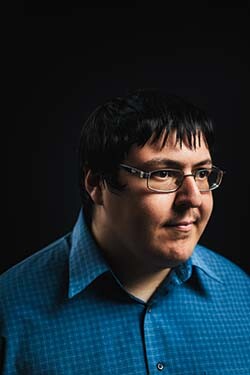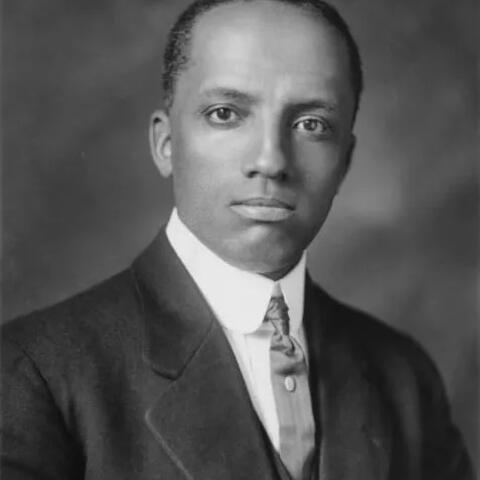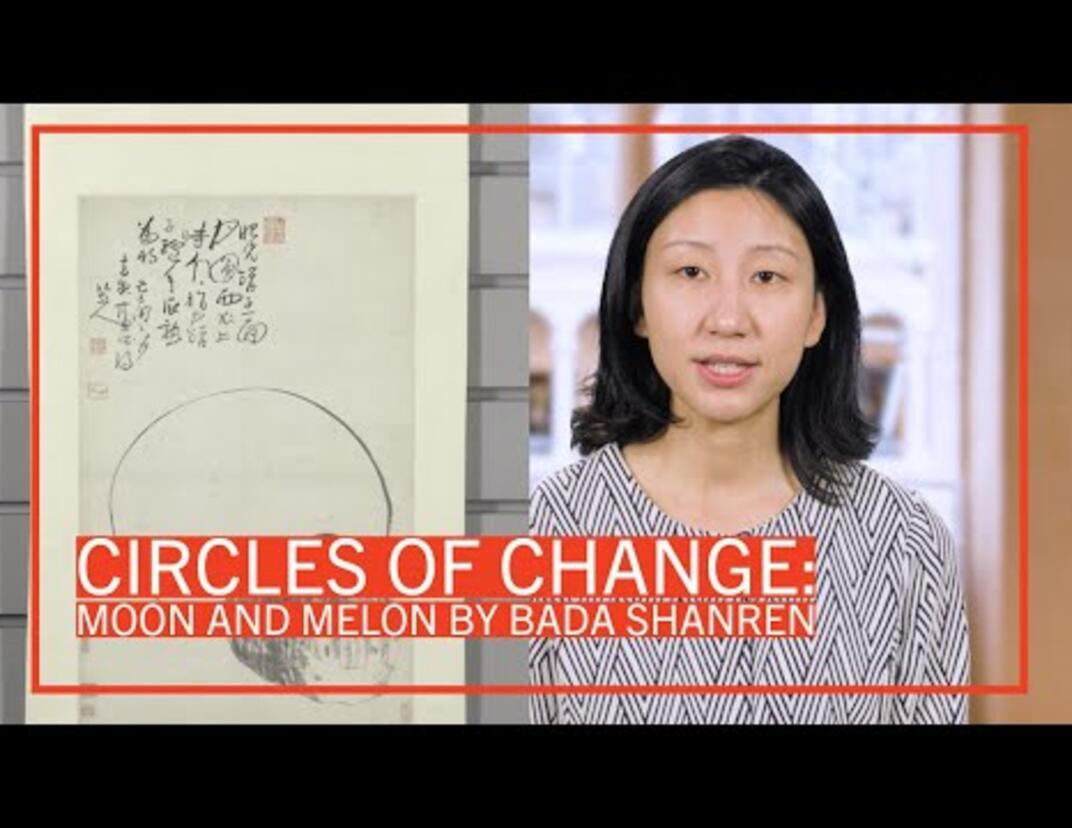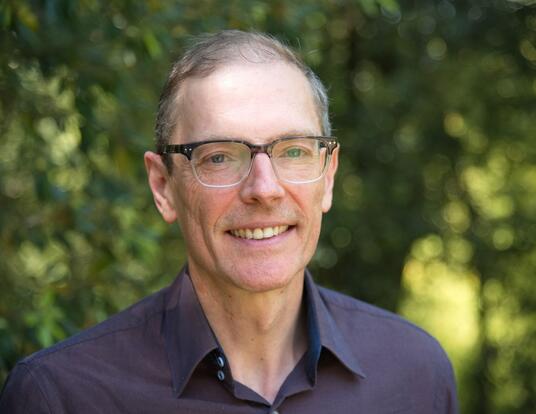Driven to Connect
Whether researchers are studying the cosmos for signs of life or investigating the motivations behind political formation (or lack thereof), they seem driven by the same impulse: to seek out others.
Whether researchers are studying the cosmos for signs of life or investigating the motivations behind political formation (or lack thereof), they seem driven by the same impulse: to seek out others. Considering why is the province of philosophers, and graduate students in the Department of Philosophy turn to the writings of the past to inform their own observations of human motivation.
In considering questions of human behavior, PhD student Noel Dominguez turns to German philosopher Immanuel Kant, known as one of the most influential thinkers in the Western world. Colloquy sat down with Dominguez to get his (and Kant’s) take on why we are driven to connect with others.
Human beings seem to have the need to seek out others, for example, by forming political groups or states. Why is that?

One answer to this question is that humans are right to think of this seeking of others as a need, and not merely as a very strong desire—perhaps in addition to our wanting to seek out others because of our natural sentiments of curiosity and community, we could have moral reasons to form communities with others for the sake of our joint autonomy.
Kant held a position like this in his political philosophy, where he claimed that we are all obligated to form a political state independent of any further benefits we might accrue by forming it. He believed that an individual’s ability to plan anything depended on an assurance that someone else wouldn’t illegitimately interfere with that plan—for example, I can’t grow my own garden if I don’t know you won’t steal from me. A mechanism must exist that grants us a mutual assurance that we would each do our part in our interactions with each other. Kant thought that only the formation of a just state could allow for the possibility of morally just free action.
What do you think this need to organize says about the human race?
It’s easy to imagine that humans are social creatures solely because of evolutionary traits or the benefits that come from being part of a group. But Kant thought there was more to the story than that. Kant believed that, by and large, every meaningful action depends upon the existence and cooperation of others taking our ends as their own. You can’t ask a question unless there’s someone who understands that that’s what you’re trying to do, for example, you can’t get married unless people besides your potential spouse understand your relationship in that way. The possibility of independently valuable actions depends upon the existence of institutions allowing those actions to be recognized as such. This need to organize is really the need to create the conditions of the possibility of moral agency. Organizing ourselves into stable groups is not something we do for the benefits of doing it, then, but is the process that leads to any social goods at all.
Is searching for other forms of life the right thing to do?
Kant never wrote on this topic, but it is possible he would have considered that searching for other forms of life is morally obligatory for the same reasons forming a just state is. The moral legitimacy of what we want to accomplish depends upon the claim that these projects should not be undermined by people who do not endorse our current social structure—the whole notion of a just social structure for Kant, after all, is simply one where every person in the group would have reason to endorse and advance that structure. The existence of other forms of life would require that we respect their right to thrive, otherwise our just social structures would not be just after all.
This problem already exists in our interactions with other animals, and it is not implausible to think that we may stand in a similar relation to forms of life we have not yet encountered. Just as Kant would think the use of sonar is morally prohibited because it impinges on our ability to treat whales with the respect they deserve (because sonar physically harms whales in ways they would not endorse if they could), our practices here on Earth could have negative and undeserved repercussions for beings elsewhere in the universe. Because we must be assured this is not the case to ensure that our practices are legitimate, we might have some responsibility to look for other forms of life.
Kant said, “Two things fill the mind with ever-increasing wonder and awe, the more often and the more intensely the mind of thought is drawn to them: the starry heavens above me and the moral law within me.” Do you think he saw a connection between the great unknown of what is “out there” and the human responsibility to seek it out?
Whether or not Kant thought there was a connection there, we can see the outlines of one. Kant’s philosophy is largely motivated by considerations of the conditions of the possibility of certain entities and what that implied for what those entities are really like. When he’s thinking of the awe provided by the moral law within him, part of what he’s fascinated by is how the necessary nature of acting on any reason can provide guidance concerning which reasons we should act on, or what we should and shouldn’t do.
Likewise, in his wonder of the starry skies above him, Kant seems to be in awe of the nature of the world as providing the conditions of the possibility of existence itself. His expression of wonder at how the complex depths of internal cognition are matched by the great expanses of outer space hints at a belief that both ideas “call out” to us in certain ways, and that the form of their existence grounds the obligations we have concerning them. People sometimes claim we should explore other planets “just because they’re there,” and while Kant probably did not conceive of the possibility of ever exploring other planets, the above statement gives us an inkling that he’d endorse that line of reasoning.
Photos by Bed Gebo
Get the Latest Updates
Join Our Newsletter
Subscribe to Colloquy Podcast
Simplecast





